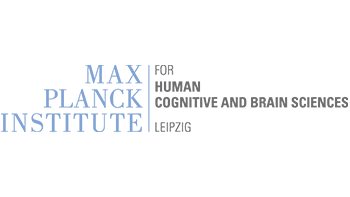Salchow-Hömmen C, Skrobot M, Jochner MCE, Schauer T, Kühn AA, Wenger N.
Front Hum Neurosci. 2022 Feb 3;16:768575. doi: 10.3389/fnhum.2022.768575. PMID: 35185496.
Review article
Abstract
The understanding of locomotion in neurological disorders requires technologies for quantitative gait analysis. Numerous modalities are available today to objectively capture spatiotemporal gait and postural control features. Nevertheless, many obstacles prevent the application of these technologies to their full potential in neurological research and especially clinical practice. These include the required expert knowledge, time for data collection, and missing standards for data analysis and reporting. Here, we provide a technological review of wearable and vision-based portable motion analysis tools that emerged in the last decade with recent applications in neurological disorders such as Parkinson’s disease and Multiple Sclerosis. The goal is to enable the reader to understand the available technologies with their individual strengths and limitations in order to make an informed decision for own investigations and clinical applications. We foresee that ongoing developments toward user-friendly automated devices will allow for closed-loop applications, long-term monitoring, and telemedical consulting in real-life environments.










